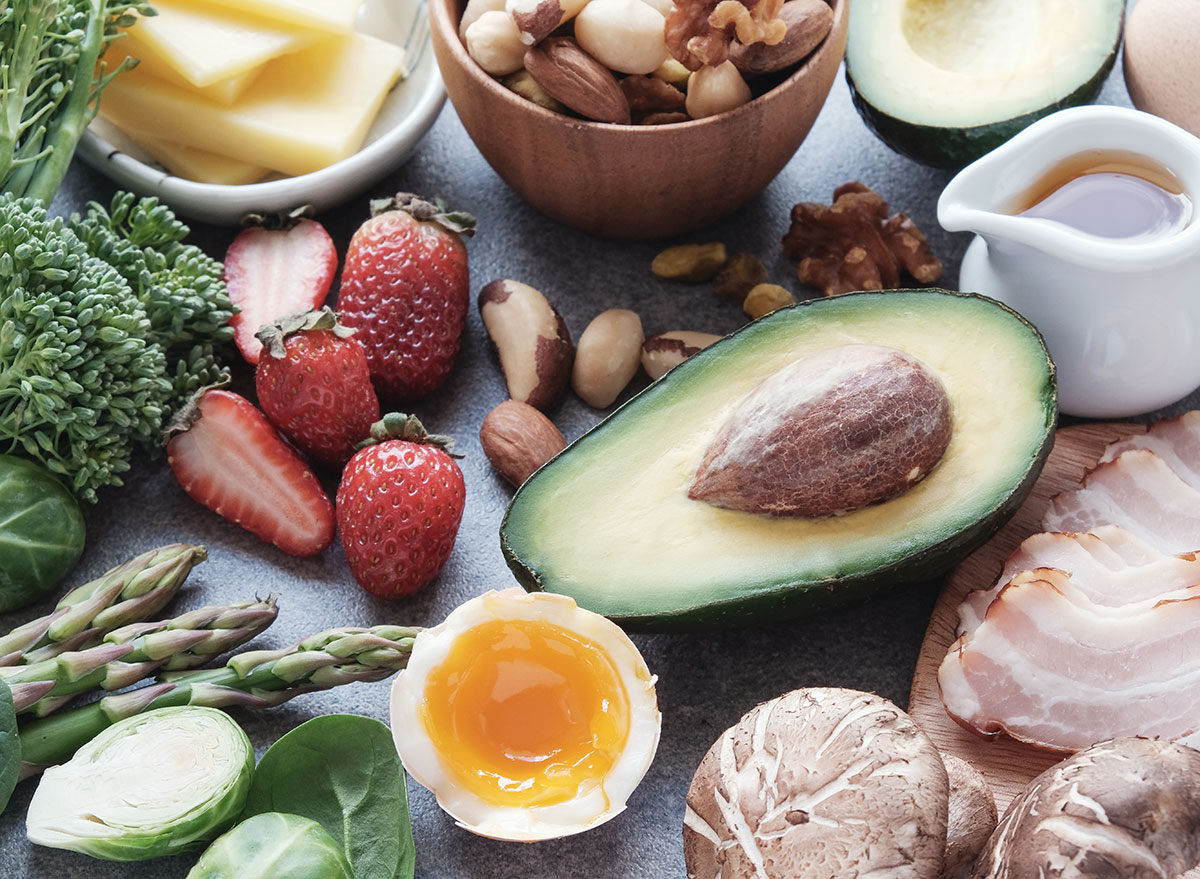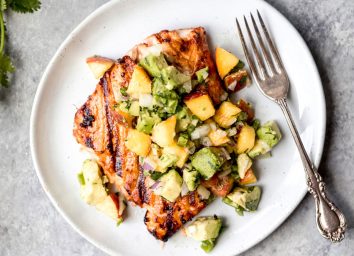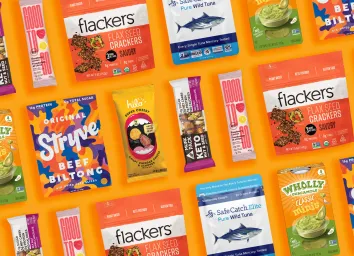Do You Have the Keto Flu? Why You Might Feel Sick on the Keto Diet

The keto diet has been taking the United States by storm, with cookbooks and snack companies churning out keto-friendly products galore. If you or anyone you know has tried the keto diet, you’re likely aware that it can make you feel sick, and you might find yourself suffering from what’s become known as the “keto flu”—which seems counterintuitive for a healthy diet, right?
What are the common keto flu symptoms?
We spoke with Sydney Greene, MS, RD, at Middleberg Nutrition, for more insight on how and why this fat-heavy diet can cause various complications to arise. Greene explained that there are essentially three common symptoms that can occur once someone starts the keto diet.
- Constipation. “Since carbohydrate intake is so strict on a proper ketogenic diet, the amount of fiber that is consumed is drastically decreased. Americans, in general, are already lacking in the fiber department (most men and women only get about 50 percent of the recommended daily intake) and when whole grains and vegetables are cut, this percentage increases, leading to constipation and bloating.”
- Nausea, lethargy, and brain fog. “These are all a result of your body entering a state of hypoglycemia, which means blood sugar levels are below the normal range.”
- Reflux and indigestion. “If you are someone who struggles with reflux or heartburn, consuming a high-fat diet will exacerbate this issue by delaying the rate at which food is emptied from the stomach into the intestines for further digestion and absorption.”
What is the keto flu? How does the process of ketosis play a role in this?
Individuals who are starting out on the keto diet may be susceptible to what’s called the keto flu.
“The keto flu is a cluster of symptoms that feel similar to the early stages of the real flu: headache, fatigue, nausea, trouble sleeping, and brain fog,” says Greene. “What really is happening here is your body is responding to the radical drop in blood sugar.”
When you transition to the keto diet, your body undergoes ketosis, a process where the body begins to burn its own internal fat stores for fuel because of the absence of carbohydrates in the diet.
“When our body enters ketosis, it means we are no longer using carbohydrates to create glucose as a source of fuel,” says Greene. “Instead, our body begins to break down fat, creating ketones, which become the primary fuel source.”
When following a typical diet, your blood sugar levels fall between a range of 80-100 milligrams/dL, but cutting out glucose (sugar) causes these levels to plummet to 60-80 mg/dL. As a result, you may feel fatigued and experience brain fog. Of course, everyone’s body responds differently to this diet transition, so while one may experience minor side effects, others may exhibit flu-like symptoms.
“It is important to note that you will not spike a fever or require medication if experiencing keto flu, it just means you might need to reconsider if this diet is right for you,” Greene says.
Are there any foods that can ease the symptoms of the keto flu?
Greene provides a few helpful tips you can try out if you find yourself falling victim to the keto flu:
- Increase hydration. “In my experience, even though most people think they consume enough water, they really aren’t even coming close. We need about half our body weight in ounces of water a day as a baseline, so aim for that amount first and then add more.”
- Increase electrolytes. Greene says to source your electrolytes “from non-starchy veggies such as broccoli and leafy greens, as they both contain potassium, magnesium, and calcium.” All of these minerals will help you beat that brain fog and restore energy.
- Add high fiber seeds to your diet. Examples include ground flax and chia seeds. Greene says chia pudding is a great low-carb snack option. Here’s how to make it: Mix 2 tbsp chia seeds, 1 tbsp ground flax seed, and 1/2 tsp cinnamon in 3/4 cup unsweetened almond milk. Top with fresh berries and 1 tsp unsweetened shredded coconut.
- Swap the coffee for bone broth. “Caffeine can exacerbate any jittery or weak feelings some may experience, so swap it out for a nourishing mug of bone broth. (Greene likes Bonafide Provisions.)
Is the keto diet sustainable?
Cutting out any macronutrient for an extended period of time will have consequences, especially carbohydrates (the one we’ve historically needed the most of to survive), so it’s better off as a weight-loss mechanism rather than a lifestyle change you adopt permanently.
“Though the ketogenic diet may help readers achieve significant weight loss, it is important to note that long-term compliance is difficult and will likely lead to vitamin and mineral deficiencies,” explains Greene. “Another issue with the keto diet for weight loss is that rebound weight gain is extremely likely to occur. I highly recommend working with a dietitian to make sure that weight rebound does not occur after goals are hit and to prevent unnecessary complications.”
Greene also mentions that some people will only eat the fat-filled foods, including red meat and cheese, and neglect integrating fruits and vegetables into their daily diet. It’s vital you include these foods into your diet in order to give your body the nutrients it needs to survive and ward off illness. No one ever likes to be sick, especially if you can avoid it, right?








